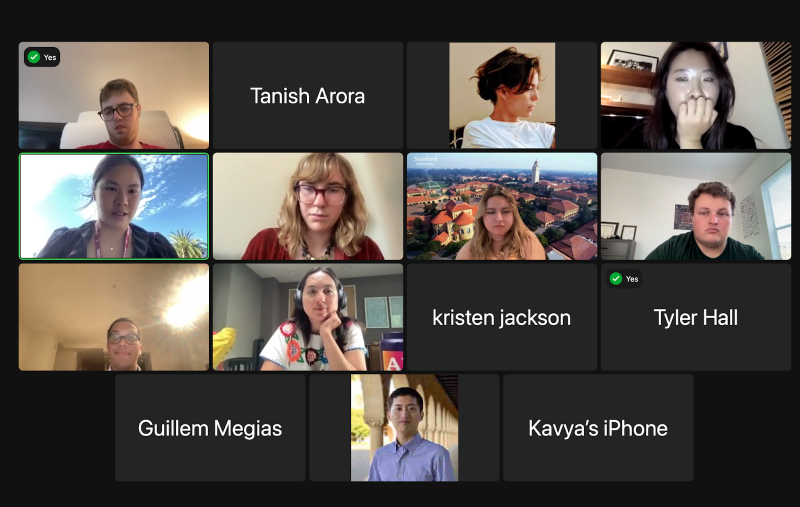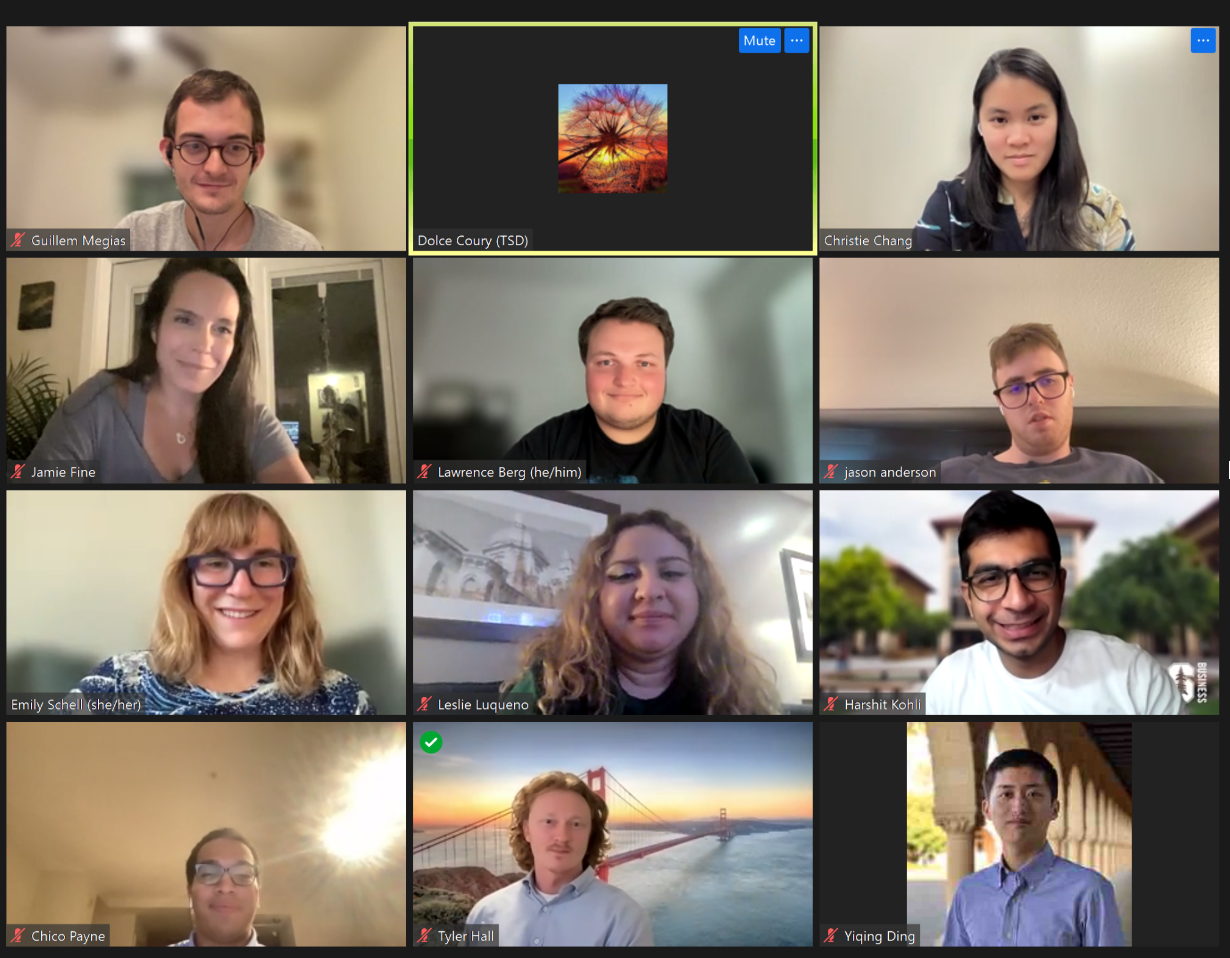The Graduate Student Council (GSC) undertook initiatives to address UG2’s mail delivery issues, housing assignment protocol and graduate housing shortage during summer meetings on Jul. 14 and Aug. 4. Councilors also considered supporting a student-led initiative advocating for Stanford’s disaffiliation from firearm manufacturing.
Following a meeting with the Executive Director of R&DE Student Housing Operations Imogen Hinds on ongoing complaints with Stanford’s mail provider UG2, GSC co-chair and third-year Aeronautics and Astronautics Ph.D. student Jason Anderson said UG2 lacked data critical to mail delivery, such as student addresses, due to Stanford’s policies regarding contractors and private student data.
Anderson said UG2 should be an exception to Stanford’s standard policies on private information. According to Anderson, graduate students would likely consent to the distribution of their private addresses to UG2.
Associate Director of Graduate Housing Rebecca Benaderet said R&DE was working to find a solution to the mail delivery issues without violating the University’s data safety policies. “While there is a promising possible solution, at this point there’s no timetable for the implementation,” Benaderet said.
According to USPS data, mail volume remained steady over the summer. The GSC agreed this was an improvement from the spring when volatile mail volume resulted in many students not receiving their mail.

Furthermore, the GSC is considering collaborating with a predoctoral empirical research fellow at Stanford Law School Sam Cai and Jens-Erik Lund Snee Ph.D. ’20. They are planning to submit a “Responsible Investing to Reduce Gun Deaths” initiative to Stanford.
According to Cai during the July 14th meeting, the proposal is targeting Stanford’s investment practices “to ensure that they’re in line with their values and reduce gun deaths by decreasing Stanford’s investment in firearm manufacturers and related companies.” The proposal frames gun violence not as a political issue but as a public health one, highlighting “the pure harm and deaths that guns can cause,” Cai said.
The initiative would also present a set of actions for Stanford to take in relation to companies affiliated with firearm manufacturing for private individuals (excluding weapons made for war weapons or the police). Disinvestment from firearm companies would be the final resort after a series of steps to mitigate the public health consequences of guns, starting with “exercising Stanford’s proxy voting power as a shareholder,” Lund Snee said.
Cai and Snee intend to distribute a petition through the GSC to garner student support. “We are not going after guns entirely. We are going after the deaths, which in some ways include the guns, their availability or their irresponsible distribution and marketing,” Lund Snee said.
Attendee Betty Xiong M.S. ’23 also raised concerns as an international student about the housing assignment priority protocol, which “places fourth- and fifth-year Ph.D. students with more priority than second-year master’s students.” As a result, the latter are frequently placed in off-campus housing, Xiong said. Since it is her first time in the United States to study, Xiong said she was especially concerned about her housing location and her university experience in the upcoming year.
Third-year Ph.D. student in electrical engineering and GSC representative Kavya Sreedhar said Xiong’s housing situation “is not a one-off, but something that is really happening,” and that fellow international students have had similar problems about being placed off-campus, with some not even being placed in the housing system. But the solution, she said, should not be a “trade-off” that prioritizes master’s students over Ph.D. students either.
According to Director for Housing Assignments Justin Akers, graduate housing has increased in demand to pre-COVID numbers.
Anderson said EVGR-A, which was originally meant to house graduate students, was also allocated to undergraduates to accommodate a planned undergraduate enrollment increase.
“Efforts need to be made to make graduate education more affordable first before increasing enrollment by 25% without providing any additional housing construction,” Anderson said.
The GSC heard about positive feedback from students on the EVGR Pub and Beer Garden, which is an active place for Stanford students to socialize and relax. According to one of the Pub’s managers Bob McClenaghan, the Pub saw a boost in popularity among students after obtaining its alcohol license. Councilor Lawrence Berg, a fourth-year Ph.D. student in chemistry said the alcohol license improved the Pub’s perception among graduate students on campus. “It’s a fun atmosphere,” Berg said.
